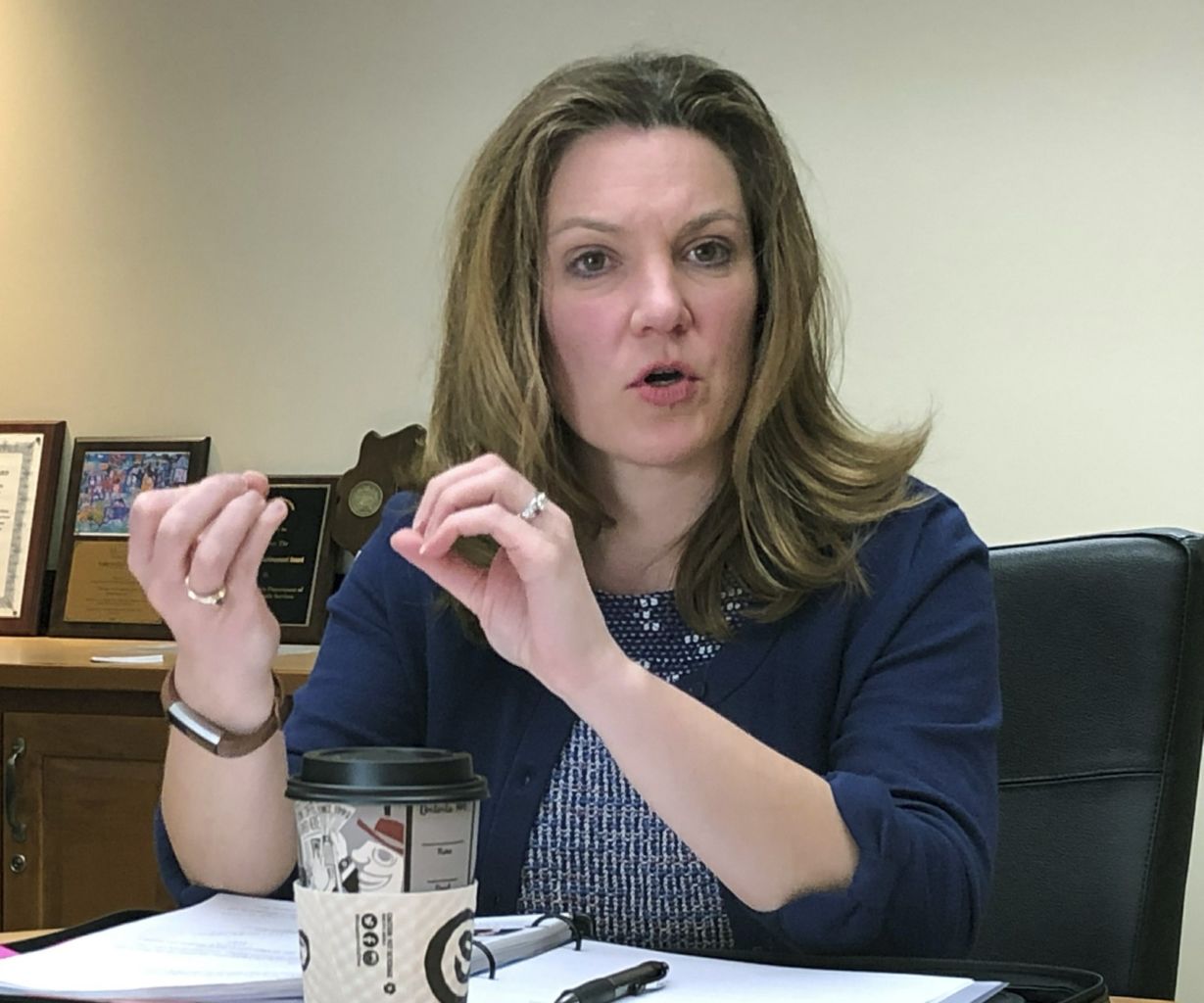Wisconsin
Evers’ health agency leaders dedicated to Medicaid expansion

MADISON, Wis. (AP) — Expanding Medicaid to cover more low-income people in Wisconsin is a fundamental part of Democratic Gov. Tony Evers’ budget and there is no backup plan if the Republican-led Legislature vote it down, leaders of the state’s health agency said Tuesday.
“I recognize that the conversation before I arrived in Wisconsin was ‘no, no, no,’” Andrea Palm, secretary-designee of the Department of Health Services, told reporters. “But I think that we are in a different place, we are at a different moment and I’m committed to having not only conversations with stakeholders and the people of Wisconsin but with legislators about their views on the budget … and how we get to yes.”
The fight over whether to accept Evers’ plan to expand Medicaid despite the objections of legislative Republicans will be one of the biggest battles in the Statehouse this year.
Republicans have long opposed accepting federal money to expand Medicaid to cover people who earn up to 138 percent of the federal poverty line. Evers campaigned as a backer of Medicaid expansion, citing public polls that showed it had broad support, and he proposed it as part of his first budget as part of a complicated funding mix that frees up $1.6 billion to spend on other health care needs. Those include increasing county aid for crisis mental health services, spending more on women’s health care initiatives and raising reimbursement rates for Medicaid providers.
Palm, whose confirmation is pending before the state Senate, said she planned to travel the state to meet with health care providers, lawmakers and other stakeholders to sell the plan.
“Part of how we get to ‘yes’ with the Legislature is to have a Wisconsin community who see themselves in the budget and are invested in getting it to the governor’s desk,” Palm said.
Wisconsin Medicaid director Jim Jones, speaking at a Wisconsin Health News luncheon Tuesday, told the audience of health industry lobbyists, leaders and other insiders that “there is no plan B” if Republicans reject the plan.
“We are not willing to give up on Medicaid expansion,” Jones said. “We want to reinvest in health care in Wisconsin, we want to see better health outcomes. We are willing to work with anyone to get to yes.”
Republican legislative leaders haven’t budged, though, arguing that putting more people on Medicaid would shift costs to the private sector. Assembly Speaker Robin Vos has said there is “no way” Medicaid will be expanded. But at least one Republican, state Sen. Dale Kooyenga, said Monday he was open to considering Medicaid expansion.
“I’m personally flexible,” Kooyenga said at the same forum where Jones spoke. Kooyenga said the issue was more complicated than simply rejecting or accepting Medicaid expansion and that states need more flexibility under the federal health care law.
Both Palm and Jones said their mission was to get lawmakers on board.
“We are willing to work with anyone to get to yes,” Jones said.
Wisconsin is one of 14 states that has not accepted federal money to expand Medicaid, which would make 82,000 more low-income parents and childless adults in Wisconsin eligible for the coverage. By not accepting Medicaid expansion, Wisconsin has missed out on $1.1 billion in federal funding since 2014, according to the nonpartisan Legislative Fiscal Bureau.
Follow Scott Bauer on Twitter: https://twitter.com/sbauerAP







